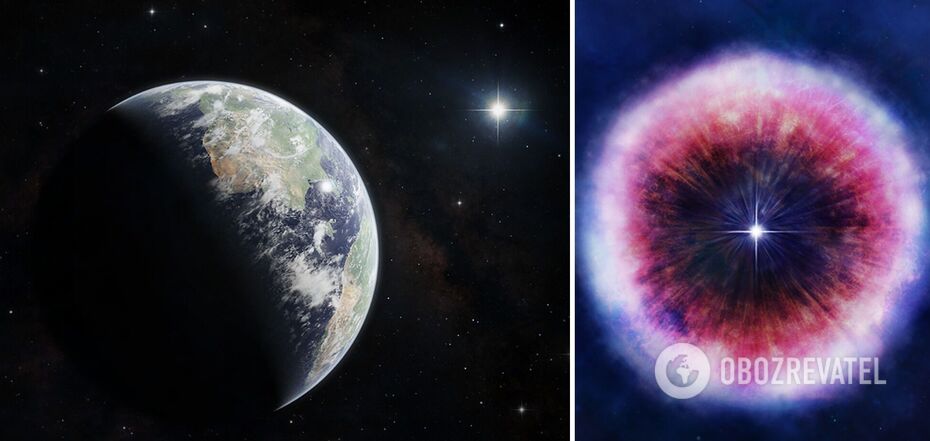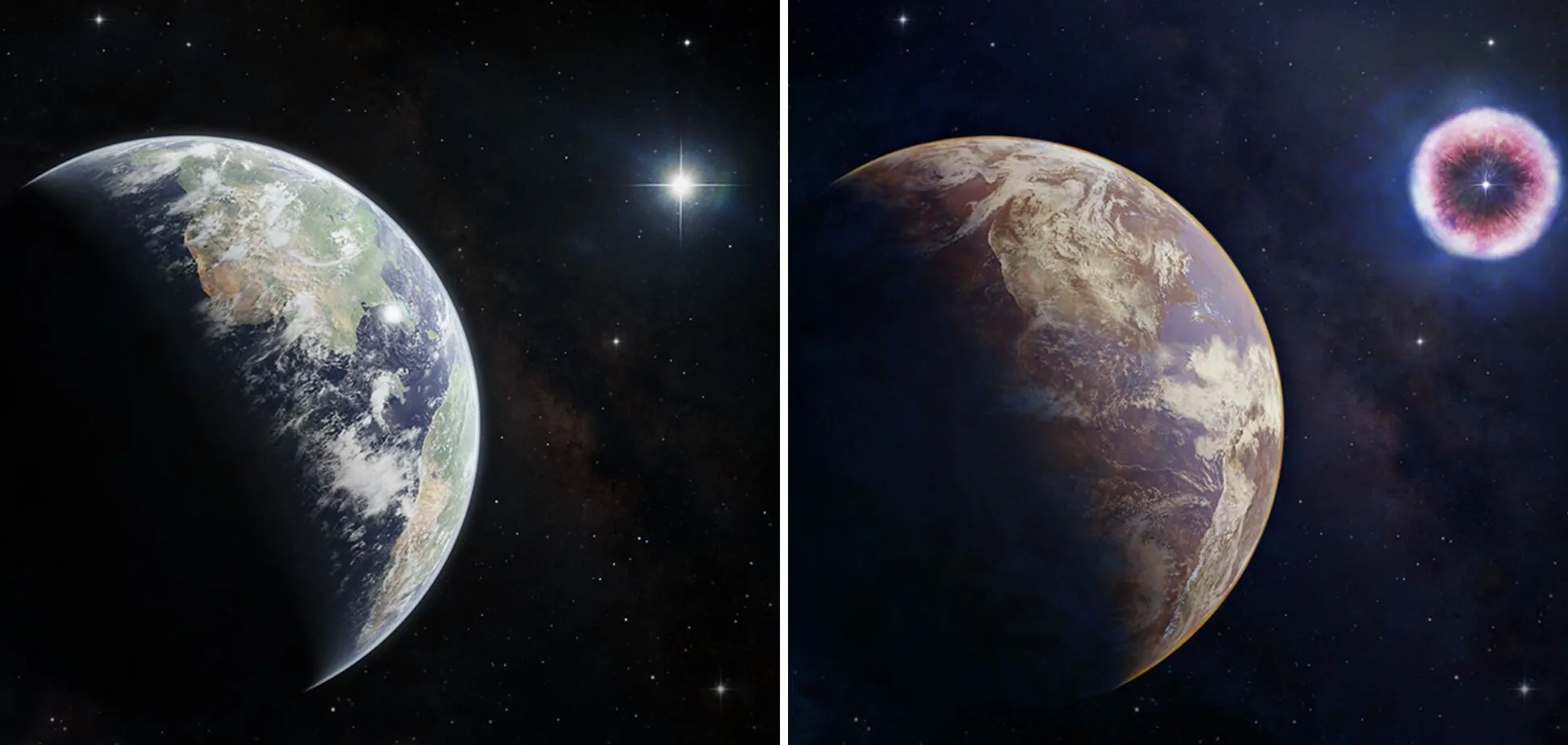Life
NASA astronomers discovered real "death stars" capable of destroying life on planets
A supernova explosion can completely destroy life on an Earth-like planet if it is 160 light years away. The cause of the catastrophic consequences is X-rays, which can attack a planet for decades after the explosion.
Such a discovery was made by astronomers who followed 31 supernovae and the consequences of their formation. Article about this was published in The Astrophysical Journal. Thus, supernovae, about the dangers of which scientists knew before, have now turned into something similar to the death star from the fantasy saga "Star Wars". Only if Darth Vader's death star destroyed the entire planet, supernovas simply deprive it of all existing life.
NASA's Chandra X-ray Observatory, the Swift and NuSTAR telescopes, and the European Space Agency's XMM-Newton were used for the studies.
Killer of life on planets
It has been established that the main threat is a shock wave generated by a supernova explosion. This wave strikes the dense gas surrounding the supernova, causing a large dose of X-rays to be released into space.
According to scientists, the X-rays could reach an earth-like planet on which life exists months or years after the explosion itself. It would be so intense that it could completely destroy life on the planet, especially in view of the fact that such an "attack" could last for decades.
As for how long a lethal wave of radiation can reach, scientists only make assumptions. They know for sure that the supernovae they observed struck exoplanets about 160 light years away.
Scientists have been aware of the danger posed by supernovae before. It is known that the intense radiation produced by a supernova in the days and months after the explosion is dangerous. Another threat is posed by energetic particles arriving hundreds or thousands of years after the explosion itself.
It has been found that X-rays can seriously alter the chemical composition of a planet's atmosphere, similar to Earth, and can also destroy the ozone layer that protects life on the planet from the dangerous ultraviolet radiation of its host star.
Subsequently, the effect of a supernova and increased ultraviolet radiation from the host star will cause the exoplanet to produce large amounts of nitrogen dioxide. This will lead to a brown haze in the atmosphere.
Danger to Earth
The NASA astronomers' observational report notes that there is strong evidence that the Earth was also exposed to a supernova at one time. Specifically, the evidence includes radioactive types of iron found in various locations throughout the Earth.
Scientists suggest that supernova explosions occurred near Earth between 2 million and 8 million years ago. Researchers estimate that these supernovae were between 65 and 500 light years away from Earth.
So far, the Earth and the solar system are safe in terms of potential supernova explosions. However, this does not apply to other planets in the Milky Way. This includes those located in the so-called galactic life zone, where conditions should exist that are favorable for the development of life.
According to NASA, the closest stars to Earth that could turn into supernovae are Betelgeuse and Antares. Both are more than 400 light years away. But the transformation itself will take place in the next few million years, so humanity has time to prepare.
More research
Because X-ray observations of supernovae are few, especially those that interact strongly with the environment, the authors of the study called for continued observation of supernovae in the months and years after the explosion.
Previously OBOZREVATEL also reported that NASA was able to photograph the consequences of a supernova explosion in the constellation Cassiopeia.
Subscribe to OBOZREVATEL channels in Telegram and Viber to keep up with the latest developments.




























